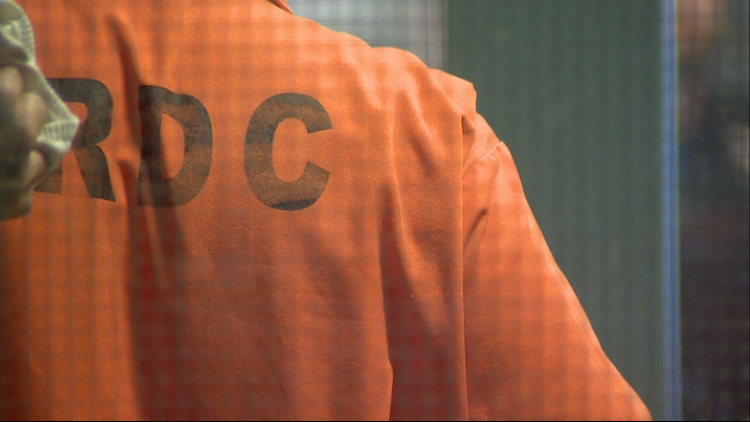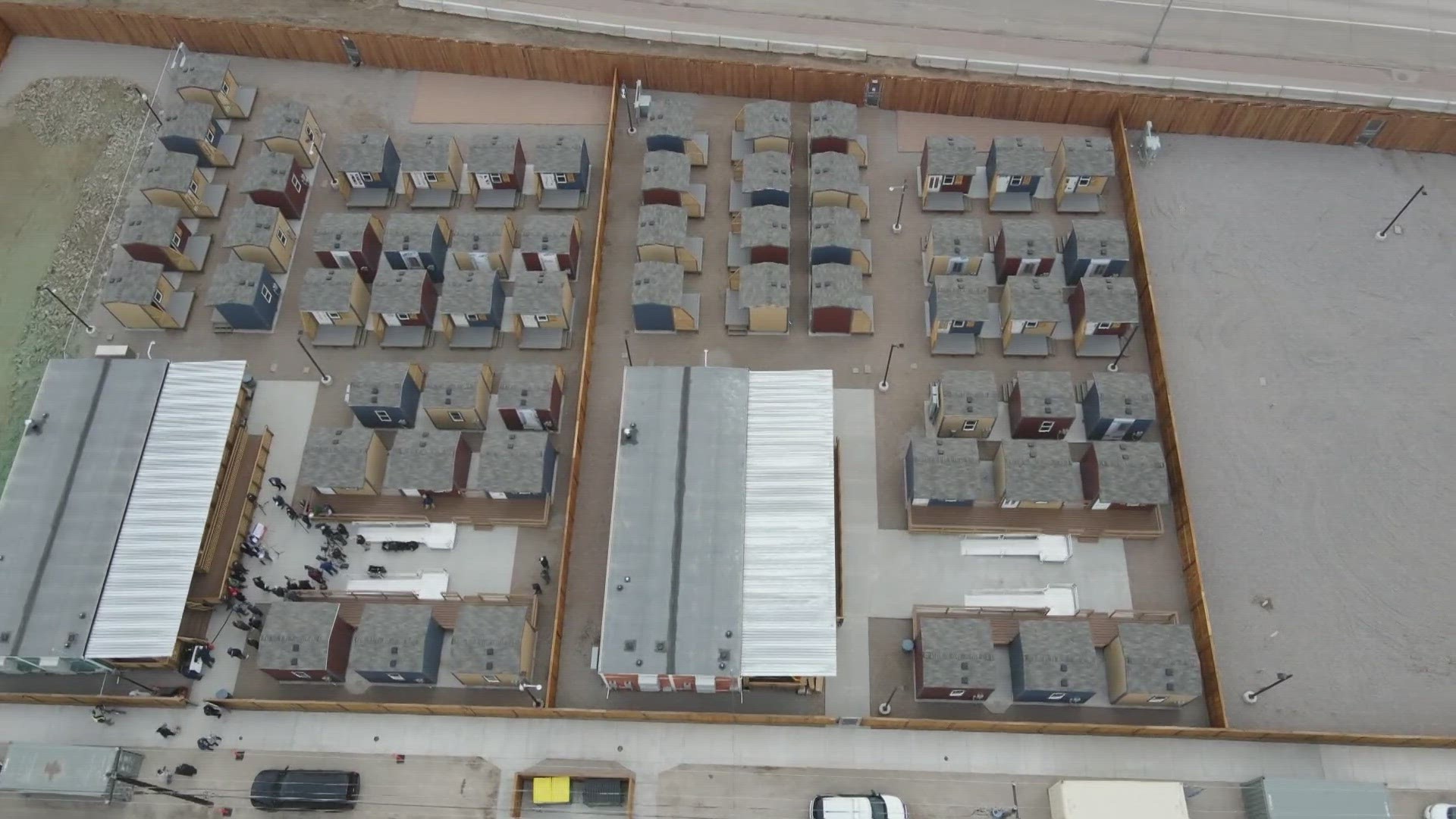DENVER — In the wake of a federal lawsuit, the Colorado Department of Human Services has agreed to enact new procedures to speed up how quickly inmates with severe mental illness receive treatment instead of languishing in jails.
According to a news release from Disability Law Colorado, the agreement signed last week includes what's referred to as a “pretrial triage system.” This would send the most severely mentally ill detainees to the hospital in seven days instead of the 28 that was previously mandated.
The agreement would also include the delivery of mental health treatment in jail before the patient is taken to the hospital.
This legal battle has lasted for more than seven years, when an initial settlement term required human services to send pretrial detainees to the Colorado Mental Health Institute at Pueblo 28 days or less after the court asked for a competency exam.
The lawsuit was reopened in 2015, when according to the news release, “the State, once again, declared a crisis, causing it to hold up to 100 pretrial detainees on any one day in jails across the state.”
This led to another settlement in 2016, Disability Law Colorado said, but that was reopened in 2018 after a judge found the department was in breach of the earlier agreement.
This led to the newest iteration, which includes $10 million in fines over the course of a year if the CDHS fails to meet the criteria.
In a news release that was distributed on Friday, the CDHS said its difficulties stemmed from a 592 percent increase in inmates that need competency evaluations since 2000, as well as a 1,251 percent uptick in the number of orders to provide inpatient treatment.
The CDHS said it will also support efforts to get people care outside of the criminal justice system and bond mentally ill inmates with minor infractions out of jail sooner.
SUGGESTED VIDEOS | Local stories from 9NEWS



